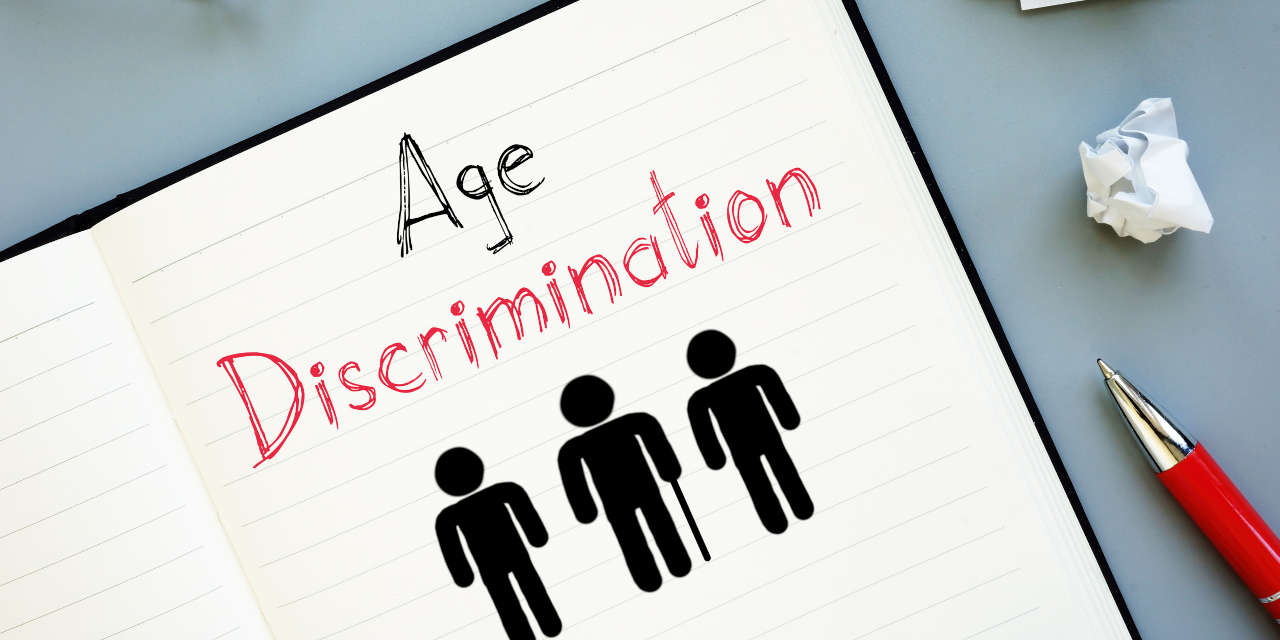By Steve Moran
I finally figured out why I have such conflicted feelings about the anti-ageism conversation that dominates the world of aging services.
I recently came across a post on LinkedIn that started like this:
“You look great! You haven’t aged!” is a backhanded compliment.
The person receiving the compliment, while acknowledging it, also pointed out that she had real evidence of aging, such as silver hair, wrinkles, and more. She went on to point out that she was “grateful to be aging” because it is not something that everyone gets to do.
She made good points about growing older. But the reason I struggle with the anti-ageism movement is that I feel like it either ignores or minimizes the reality that as we age, our bodies don’t work as well and create real limits to what we can do.
Not “Either/Or”
Growing older is not “either/or”; instead, it is both. I turned 70 a couple of months ago, and I am still pleased when people ask me when I will turn 60.
In my view, they are noticing three things:
- I am doing a pretty good job of taking care of myself
- I am lucky to have good genes
- I have decided to continue to live the best, most meaningful life I can at this age
I love the wisdom and peace that come with being 70. I love having more perspective on life and the world.
But I hate
- Having chronic conditions that need ongoing, forever intervention, though I am lucky that it mostly means taking a handful of pills first thing every morning.
- My knees crack when I first get up in the morning.
- I can’t run as fast or as far as I used to.
- I miss ski patrolling and scrambling over boulders.
- I know I have to be slightly more careful about falling.
This does not mean that I don’t love my age; it is certainly a lot better than the alternative.
But the truth is that there are many parts of being younger that I miss a lot.








I see it differently. The anti-ageism movement isn’t about denying the physical changes that come with aging. It’s about challenging the assumptions and stereotypes that others place on us because of our age.
Yes, aging brings real changes—some of us take medications, use mobility aids, or adapt how we do things. That’s reality, not failure. The problem is when others—whether they’re healthcare professionals, senior living staff, or even our own families—see those adaptations and assume we’re incapable, irrelevant, or no longer able to make our own decisions.
Anti-ageism calls out those assumptions. It pushes back against the idea that getting older automatically means being less than. It’s not about pretending aging is easy—it’s about insisting we’re still fully human, with voices, choices, and dignity
Great thoughts…
Two days ago I was at my dentists and he is also a friend. He referred me to a specialist who is in the same floor but up a flight of stairs. When describing how to get there he told me I could either go up the stairs right by his office or take the elevator at the end of the building. He would not have said that to a 20 year old or even a 30, 40 or 50 year old. I could be offended that he was ageist or grateful that he was trying to make my life as easy as possible. I chose the latter.
A couple of years ago I went on a a hike with a bunch of families with kids. I was the oldest one there by at least 20 years more likely for a lot of them closer to 30 years. Everyone was friendly, but I didn’t participate much in the conversations because they were talking about kids, and parenting and sporting activities and even things like work and life drama.
It made me realize that there are stages in life. That I was in a very different stage than they were. What was unusual was that I unlike most of my friends of my age was capable of the hike and wanted to hike.
Not ageism, different stages.
In my role as an older thought leader in senior living I am treated differently than I would be treated if I were 40, 50 or even 60. Some of that treatment is better and more respectful and some of it is less, both largely related to my age.
It is not that I don’t think ageism exists, because it does. And it is prevalent in senior living, but much of what we call ageism is simply life stages. And honestly much of the real ageism is ignored or endorsed.
The last part of this, that we never talk about is how often older people talk about how bad, irresponsible, lazy, unmotivated the younger generations are. That too is ageism.